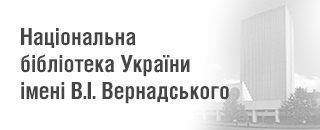Conflict of Interest
Conflict of Interest
The editorial team of the Collection «Public administration: concepts, paradigm, development, improvement» takes into account the possibility of conflicts of interest in publication process.
Conflicts of interest are the factors that negatively affect the objectivity, or can be perceived as interference in the process of peer review, editorial decision-making, publishing and presentation of the manuscript.
A conflict of interest may arise in relation to individuals or organizations, and is divided into the following categories (but not be limited to these):
Personal conflicts of interest:
Personal relationships (e.g. friends, family members, current or previous managers, opponents) with persons involved in the supply or reviewing manuscripts (authors, reviewers, editors, or members of the editorial board);
Personal beliefs (political, religious, ideological, etc.) related to the topic of the manuscript, may interfere with the objective process of the publication (in the stage of submission, review, editorial decision-making or publication).
Professional conflicts of interest:
The reviewer or editor is the author's colleague, who participated or observed the conduct of the study.
Membership in organizations that lobby the interests of the author.
Financial conflicts of interest:
Research grants from various funding organizations: governmental, non-governmental, research or charitable institutions.
Patent applications (actual or expected), including the application of institutions to which the author refers, and from which he can make a profit.
Fees, gifts and favors of any kind.
All persons involved in the manuscript, including authors, editors, reviewers and readers who comment on or evaluate the material, should report about any conflict of interest.
If, in the opinion of the editors, there are circumstances which may affect the impartial review of the material, the editorial team does not appeal to this reviewer.
The editorial team reserves a right not to publish a manuscript, if the conflict of interests declared by author puts objectivity and authenticity of research estimation under a threat.
If the editorial team reveals a conflict of interest that has not been declared upon submission - a manuscript may be rejected.
If undeclared conflict of interest is discovered after publication, if necessary, the article can be corrected or removed.






